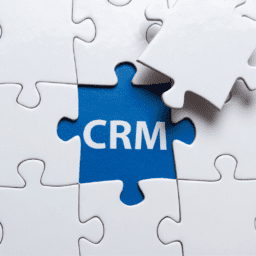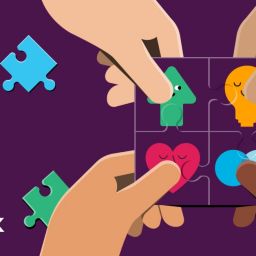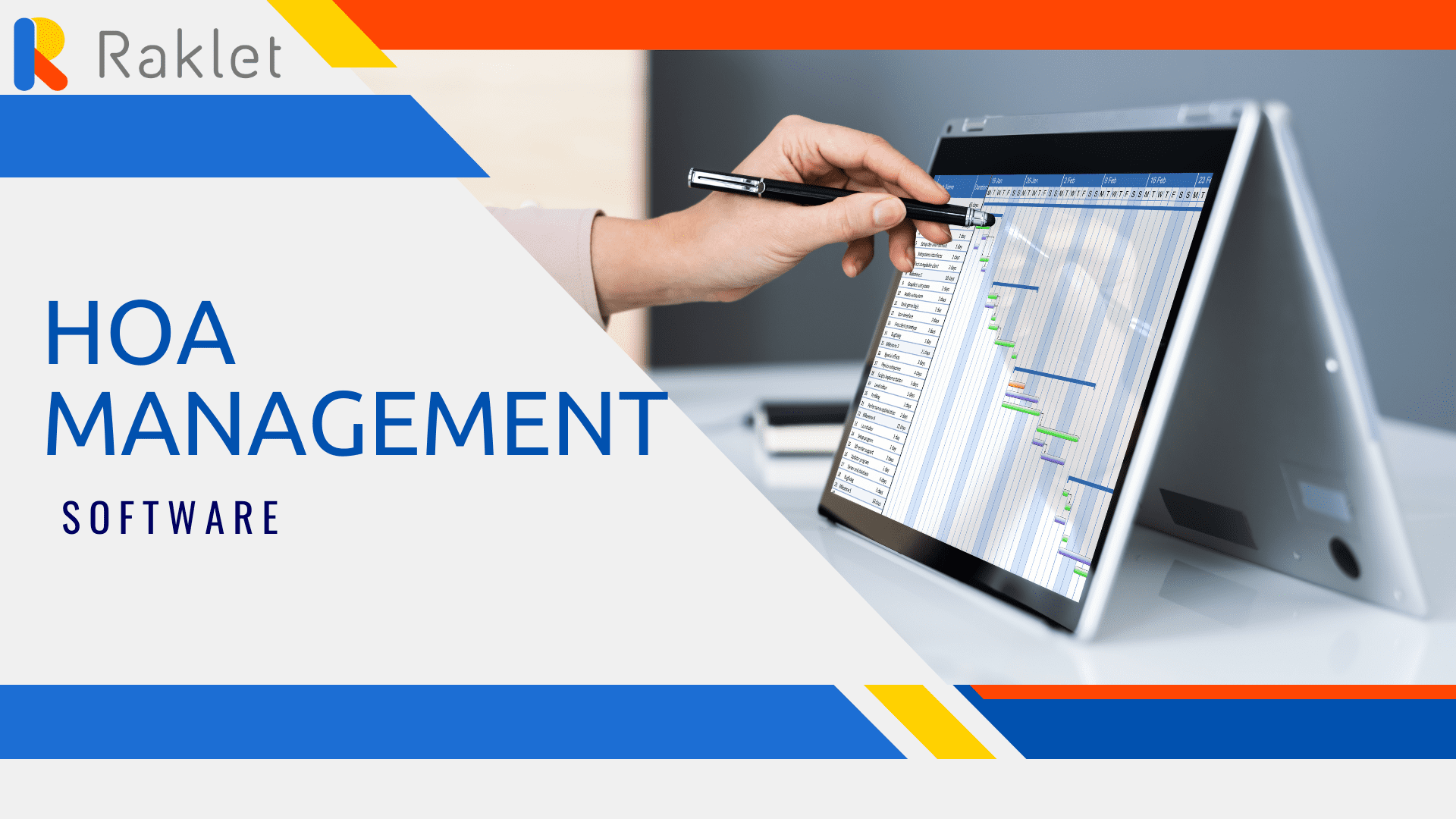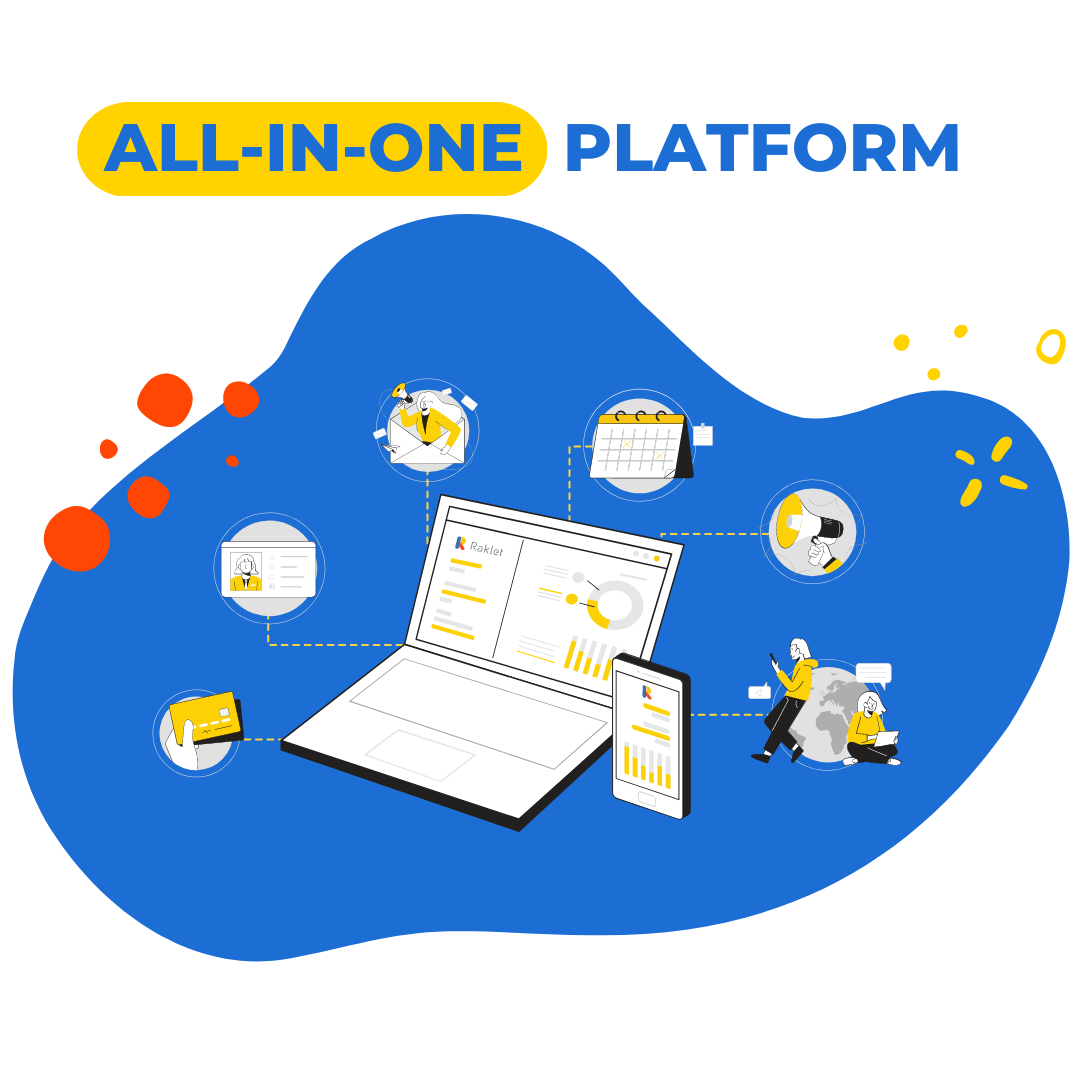In this ultimate guide to donor management, we will provide you with all the essential information you need to manage your nonprofit’s donor relationships successfully. From understanding what donor management is and why it’s essential to how to use software tools effectively, this guide covers everything you need to know. Whether you are new to nonprofit fundraising or an experienced professional looking to improve your donor management skills, this guide is for you. By reading this content, you will learn about the best practices, strategies, and tools for building meaningful relationships with your donors and increasing donations. So let’s dive in and explore the world of donor management for nonprofits!
As a nonprofit organization, managing your donors is crucial for achieving your fundraising goals and making a difference in your community. This is where Raklet’s powerful donor management software comes in. In this guide, we will explore everything you need to know about donor management, why it is important, and how Raklet can help you build better relationships with your donors.
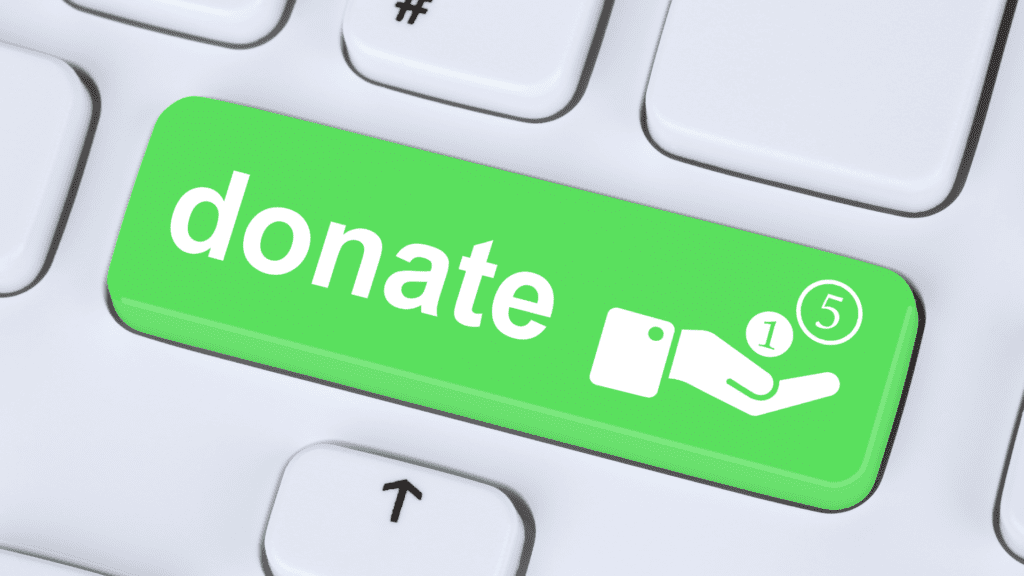
What is Donor Management?
Donor management is a critical activity for every nonprofit organization seeking to maintain and expand its impact. Nonprofits can use strong donor management software to improve their procedures, measure donor involvement, and gain a deeper understanding of their donors’ motives and preferences. Nonprofits can focus their efforts on developing meaningful relationships with their supporters by utilizing software tools that enable easy tracking of donor information. This includes engaging with them in a variety of ways, such as thanking supporters, keeping them up to date on the organization’s activity, and learning about their communication preferences. Getting the donor’s information here is the key to making a correct approach.
Understanding the donor’s lifecycle is one of the most important components of donor management. Nonprofits can adjust their approach to each group’s specific needs and interests by segmenting donors based on where they are in their giving journey. New donors, for example, may require education about the organization’s activities, whereas long-time supporters may be interested in participating or making a big gift. Organizations can develop more focused fundraising campaigns by analyzing each donor’s giving history and preferences, boosting the likelihood of getting donations.
A comprehensive donor management process is required to effectively manage donors. This includes defining staff members’ roles and responsibilities, developing communication protocols, and establishing success goals and metrics. A well-planned donor management strategy ensures that everyone in the organization is working toward the same goals and has a common understanding of how to achieve them. This strategy should be reviewed and updated on a regular basis to reflect shifting donor needs and preferences. This will allow a better donor retention rate and you will see the recurring donors and the donor journey altogether.
In the following section, we’ll look at why donor management is so important for nonprofits and how it can help them build stronger relationships with their donors. We’ll also go over the specific advantages of using donor management software, such as saving time, segmenting donors, and creating more effective fundraising campaigns. Whether you’re a fundraiser or an executive director, this guide will equip you with the tools and knowledge you need to successfully manage your donors and expand the impact of your organization.
Why is Donor Management Important?
Donor management is critical for nonprofit organizations that rely on the generosity of their donors to accomplish their missions. Building and maintaining strong relationships with your donors can be difficult without effective donor management. You can easily track and analyze data about your donors using a comprehensive donor management system, such as their giving history, communication preferences, and demographics. This data assists you in better understanding your donors and engaging with them in more meaningful ways. This, in turn, can lead to higher donor retention rates, higher donations, better donor interactions and even the possibility of large gifts from loyal supporters.
It also assists you in identifying (how many donors you need, donor profile, donation frequency) and managing potential major donors in the most efficient manner possible. You can maximize the return on your fundraising efforts by prioritizing donors with the greatest potential for major gifts and engaging with them more intentionally. Using donor management software can also help you save time, increase efficiency, and reduce the possibility of errors. It can create a donor database.
Donor database is important because a donor database allows you quick access and a list of members you can convert to donors and the donors you already have. With so many advantages to the effective management of donors, it’s clear that it’s an essential component of any successful nonprofit organization.

What Does a Donor Relations Manager Do?
Donor relations managers are critical members of nonprofit organizations. They are in charge of developing and maintaining strong relationships with donors, which is critical to the organization’s success. A donor relations manager is in charge of managing the entire donor lifecycle, from identifying new donors to keeping current ones. They employ a variety of strategies and tools to engage donors and keep them up to date on the organization’s activities.
A donor relations manager’s primary responsibility is to develop and implement a donor management process. This entails developing a system for tracking donor data, such as giving history, communication preferences, and contact information. This information is used by the donor relations manager to create personalized communications and interactions with donors, which aids in the development of stronger relationships.
Donor relations managers collaborate closely with other nonprofit organization members such as the executive director, board members, and fundraising professionals. They work together on fundraising strategies and events, as well as providing feedback on the organization’s overall fundraising strategy. They also provide regular updates on donor activity and giving history, which aids in organizational decision-making.
Donor communications is another important aspect of a donor relations manager’s job. This includes creating and distributing donor communications such as newsletters, annual reports, and thank you letters. Donor relations managers also oversee the organization’s social media and digital marketing efforts, ensuring that donors are kept up to date on the organization’s activities.
Overall, a donor relations manager is essential to the success of a nonprofit organization. They contribute to the creation of a culture of giving and engagement that benefits both the organization and its donors by developing and implementing a donor management process, cultivating strong relationships with donors, and collaborating with other members of the organization. Understanding the role of a donor relations manager is critical if you want to work in nonprofit management or improve your organization’s donor management strategy.
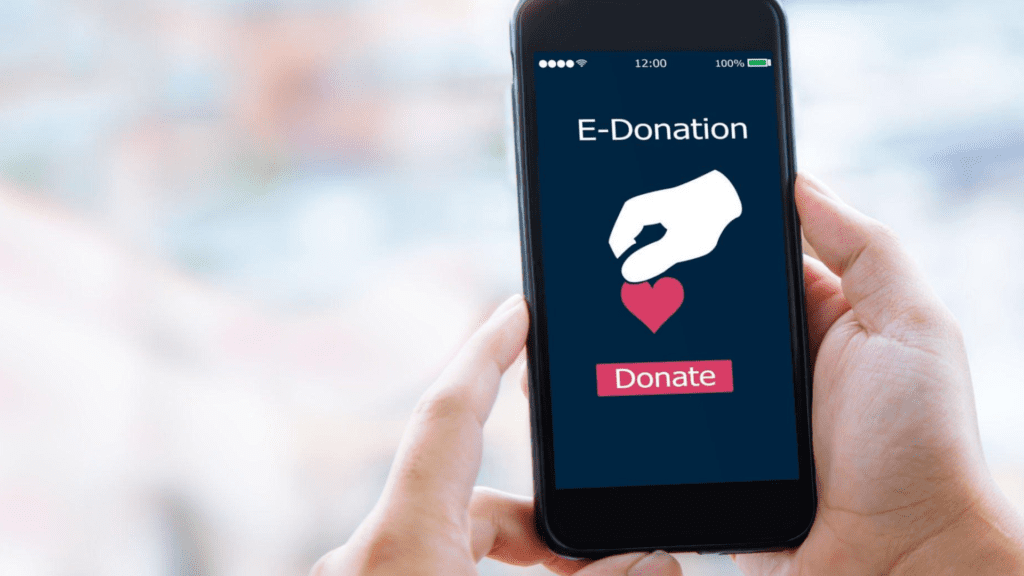
Why Should You Use Donor Management Software?
Donor management software is essential for any nonprofit organization seeking to meet its donor management objectives. Donor management software automates tasks like donor acquisition, keeping accurate donor records, tracking donation history, and communicating with donors. The software also assists in keeping donors informed and engaged, which is critical in maintaining a long-term relationship with them.
Donor management software makes it easier to acquire new donors by providing valuable insights into donor behavior and preferences. With donation history and communication preferences stored in one place, nonprofit organizations can tailor their outreach efforts to each donor’s interests and preferences, increasing the chances of engaging them in the long term.
Donor management software, in addition to acquiring new donors, assists organizations in keeping current donors informed and engaged. Nonprofits can target specific donors with personalized communications that speak to their interests and preferences if they have a better understanding of their audience members and event attendance. This fosters a sense of connection and loyalty between the organization and its donors, resulting in more donations and improved relationships.
Donor management software also makes tasks like thanking donors and managing potential donors easier. Nonprofit organizations can save time and resources by automating these tasks while also improving the donor experience. For example, with the ability to automatically send personalized thank-you messages following a donation, nonprofit organizations can express their gratitude quickly and efficiently.
Another important feature of donor management software is the ability to segment donors based on criteria such as giving history and donation amounts. This assists organizations in identifying potential major donors and developing targeted campaigns to engage them. Furthermore, segmenting donors enables organizations to tailor their outreach efforts to specific donor groups, ensuring that they receive communications that are relevant to them.
Donor management software can also generate insightful reports that provide a comprehensive view of the donor base of the organization. These reports assist organizations in making data-driven decisions about their donor management strategy, from tracking the donor lifecycle to monitoring donor retention rates.
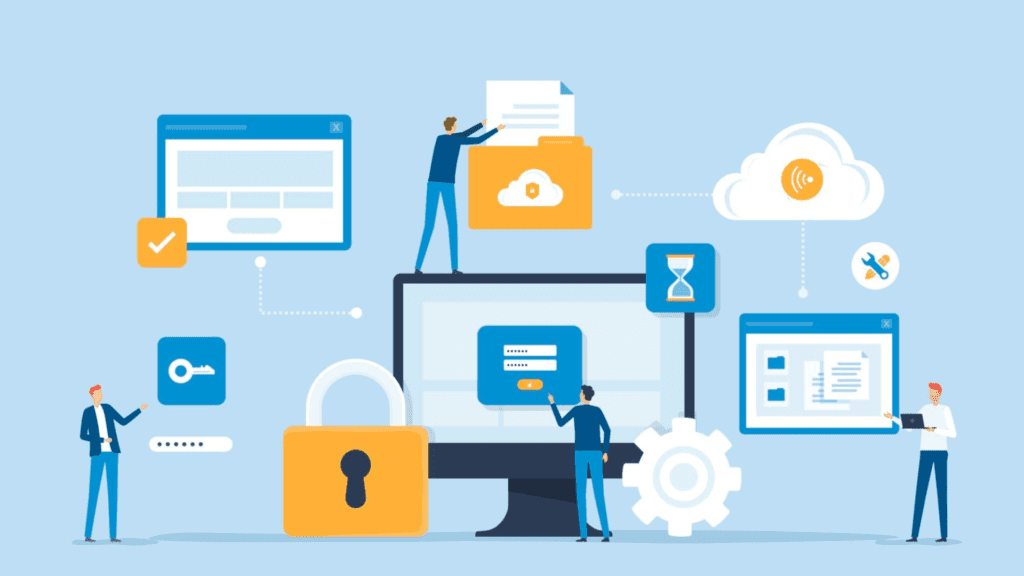
You can manage potential donors and their profiles, easily access event attendance and audience member information, and track current donors’ giving history with donor management software. The software also makes it simple to thank and engage donors via various communication channels such as email, social media, and direct mail.
Donor management software streamlines communication and data management, saving nonprofits time and increasing productivity. Instead of manually tracking donors and donations, the software automates the process, allowing nonprofits to focus on other important tasks.
Donor management software can also help nonprofits improve their digital marketing by providing valuable insights into donor behavior and preferences. Nonprofits can use this information to create more effective and targeted digital marketing campaigns, resulting in more funds and donations.
What Kind of Donor Management System is Right for You?
Choosing the right donor management system can make or break your fundraising efforts. You can easily manage donor profiles, track donation history, and segment donors based on specific criteria with Raklet’s donor management system. This means you can learn more about your donors and tailor your outreach efforts to their specific needs and preferences. The software’s user-friendly interface allows you to quickly navigate and access information, saving you time and streamlining your fundraising efforts. Furthermore, Raklet’s donor management system seamlessly integrates with its event management software, making it simple to track event attendance and engage with audience members before and after the event.
You can build strong relationships with current donors, manage potential donors, and reach out to new donors using Raklet’s powerful donor management system, all while saving time and maximizing fundraising efforts.
Converting members into donors is a critical component of nonprofit fundraising. Engaging members through various communication channels and events is one effective way to accomplish this. Members are more likely to become loyal supporters and donors if they are kept informed and engaged in the organization’s mission and impact. Another strategy is to provide members who donate with exclusive benefits and perks, such as early access to event tickets or recognition on the organization’s website or annual report. Members are more likely to feel valued and continue to donate if they are shown appreciation for their contributions.
What are the Top 5 Benefits of a Donor Management System?
The benefits of using a donor management system are numerous. Here are the top 5 benefits that Raklet’s system offers:
- Build better relationships with donors
- Increase donation amounts and frequency
- Segment donors for targeted outreach
- Streamline event management and attendance tracking
- Provide valuable insights into donor behavior and giving history

How Much Does an Online Donor Management System Cost?
The cost of a donor management system can vary depending on the features and functionality you require. Raklet’s pricing options start at just $49 per month, making it an affordable option for nonprofit organizations of all sizes.
Features to Look for in Donor Management Software
It’s critical to prioritize features that align with your organization’s donor management goals when choosing a donor management system. You’ll need a system to manage potential donors and track their engagement, as well as to streamline donation forms, event management, and peer-to-peer fundraising. A good donor management system should also give you a thorough understanding of your donors’ giving history, frequency of donations, communication preferences, and event attendance.
A good donor management system can help you stay organized and up-to-date while also increasing donor retention. Engaging with current donors and thanking them for their contributions, as well as welcoming new donors and making them feel appreciated, are all part of good donor management. You can foster better relationships with your donors and encourage them to give more over time by providing a positive donor experience and keeping them informed and engaged.
The ability to segment your donors for targeted outreach is a critical component of effective donor management. You can tailor your outreach and communication to each group by categorizing your donors based on factors such as donation amounts, communication preferences, and giving history. This personalized approach may result in more donations and the development of meaningful relationships with your donors.
A good donor management system should also provide you with actionable insights and analytics to help you optimize your fundraising efforts. Monitoring your donors’ history, engagement, and giving patterns allows you to identify areas for improvement and the most effective strategies. This data can be used to improve your fundraising tools and techniques while also guiding your overall fundraising strategy.
To summarize, an effective donor management system is critical for any nonprofit organization seeking to develop and maintain meaningful relationships with its donors. You can foster better relationships with your donors and encourage them to give more over time by prioritizing features like good donor management, donor engagement, and effective communication. Choose a system that is adaptable to your organization’s unique needs and priorities, and that provides you with comprehensive insights and analytics to help you optimize your fundraising efforts.

Conclusion: Why Raklet’s Donor Management System is the Best Choice
Raklet‘s donor management system offers nonprofit organizations the tools they need to build meaningful relationships with donors, increase donations, and make a difference in their community.
With features like event management, communication preferences, and giving history tracking, Raklet’s system is the best choice for successful donor management. Sign up today to start building better relationships with your donors and achieving your fundraising goals. Request a demo now.




